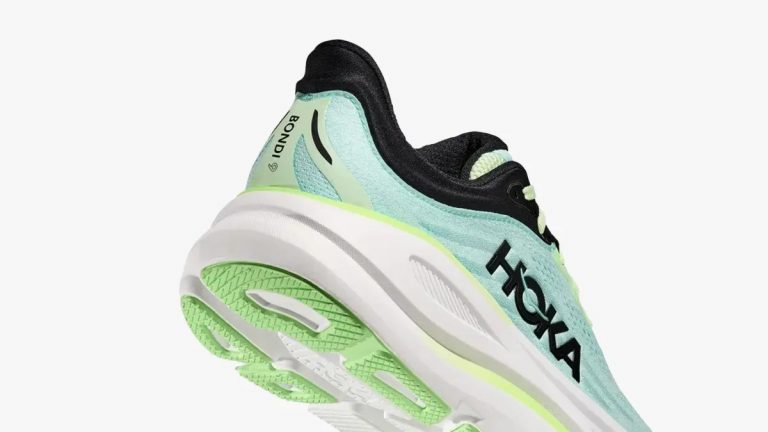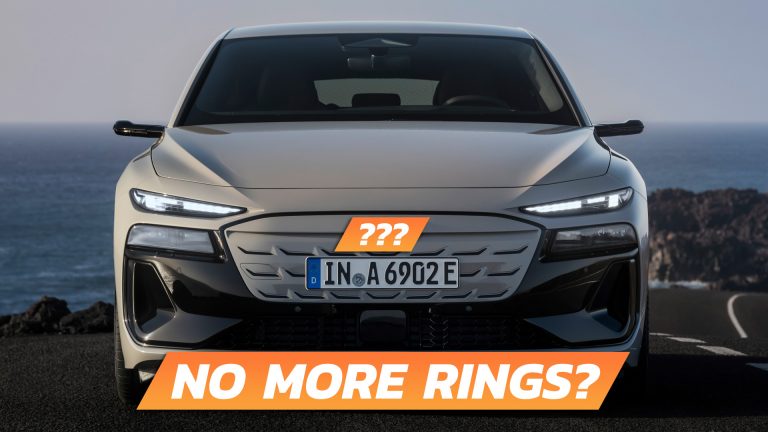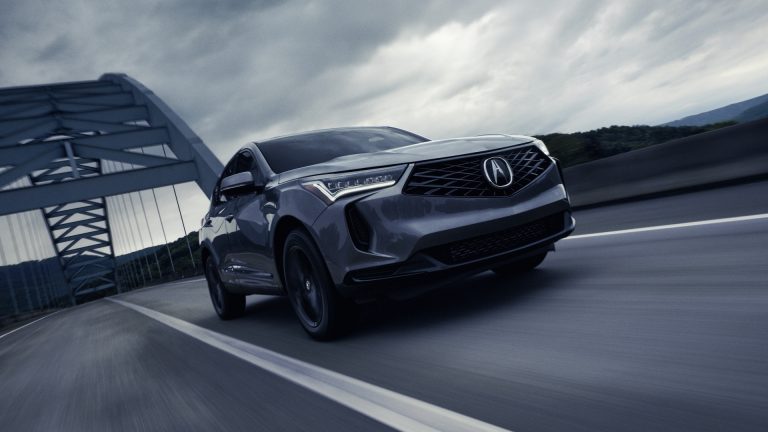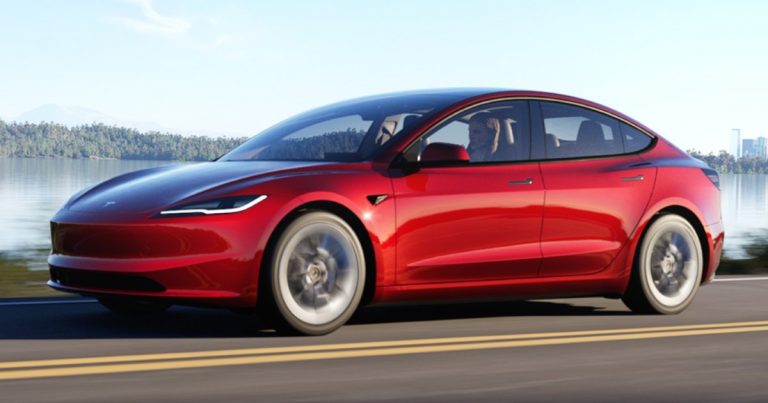Honda and Nissan Join Forces to Take on Tesla and Chinese Electric Vehicle Giants in the Global EV Market
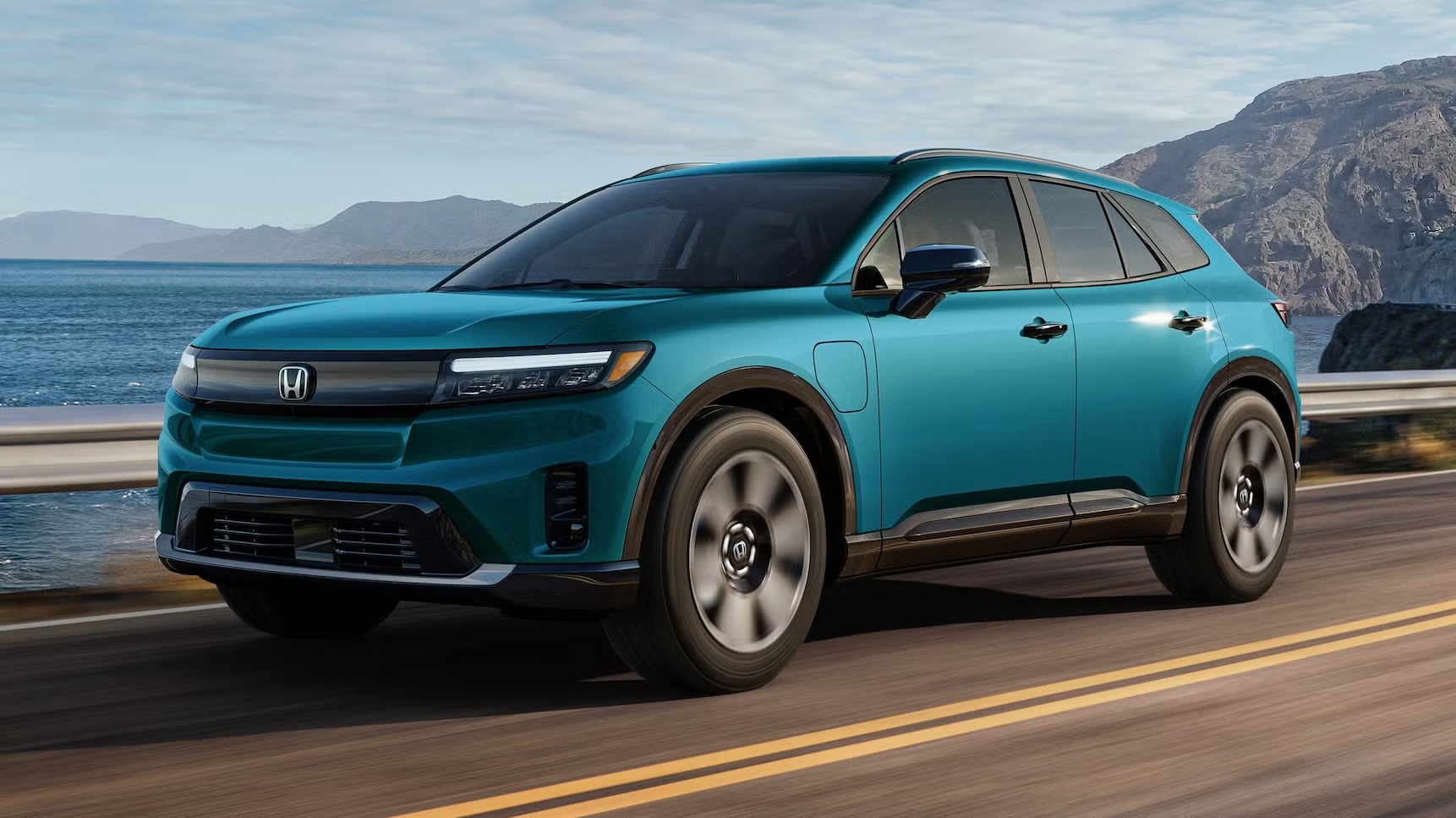
Honda and Nissan in Merger Talks: A Game-Changer in the Electric Vehicle Landscape
In a move aimed at improving their competitiveness in the electric vehicle (EV) market, Honda and Nissan, Japan’s second- and third-largest automakers, are reportedly holding merger talks. The goal of these discussions is to create a new structure that would enable them to better weather the intense competition from Chinese EV rivals, such as Tesla, and other global players.
A Highly Competitive Market
The auto industry is undergoing a significant transformation, driven by the rise of electric vehicles. With the likes of Chinese companies like BYD and trendy electric SUVs like the Tesla Model Y, the competition is getting fiercer by the day. Add to that the potential reversal of pro-EV policies in the US under the incoming administration, and it’s clear that the time is ripe for change.
What’s on the Table
According to reports, Honda and Nissan are exploring the possibility of creating an umbrella holding company, rather than merging the two companies directly. Mitsubishi, in which Nissan has a 24% stake, is also being considered for inclusion in the partnership. This cooperation will enable the companies to leverage each other’s strengths, particularly in areas like powertrain development and electric vehicle expertise.
A Winning Combination
Analysts believe that Honda’s expertise in hybrid technology could complement Nissan’s experience in electric vehicles, which dates back to the LEAF in 2010. By combining their strengths, they could create a formidable force in the EV market.
What’s Next?
While the merger talks are still in their early stages, the implications are significant. A Honda-Nissan merger would create one of the largest auto groups in the world, with combined sales of around 8 million vehicles. However, this also raises questions about the potential challenges the new entity would face, including scrutiny from regulatory bodies like the Trump administration, which has been vocal about its stance on imported vehicles and trade agreements.

